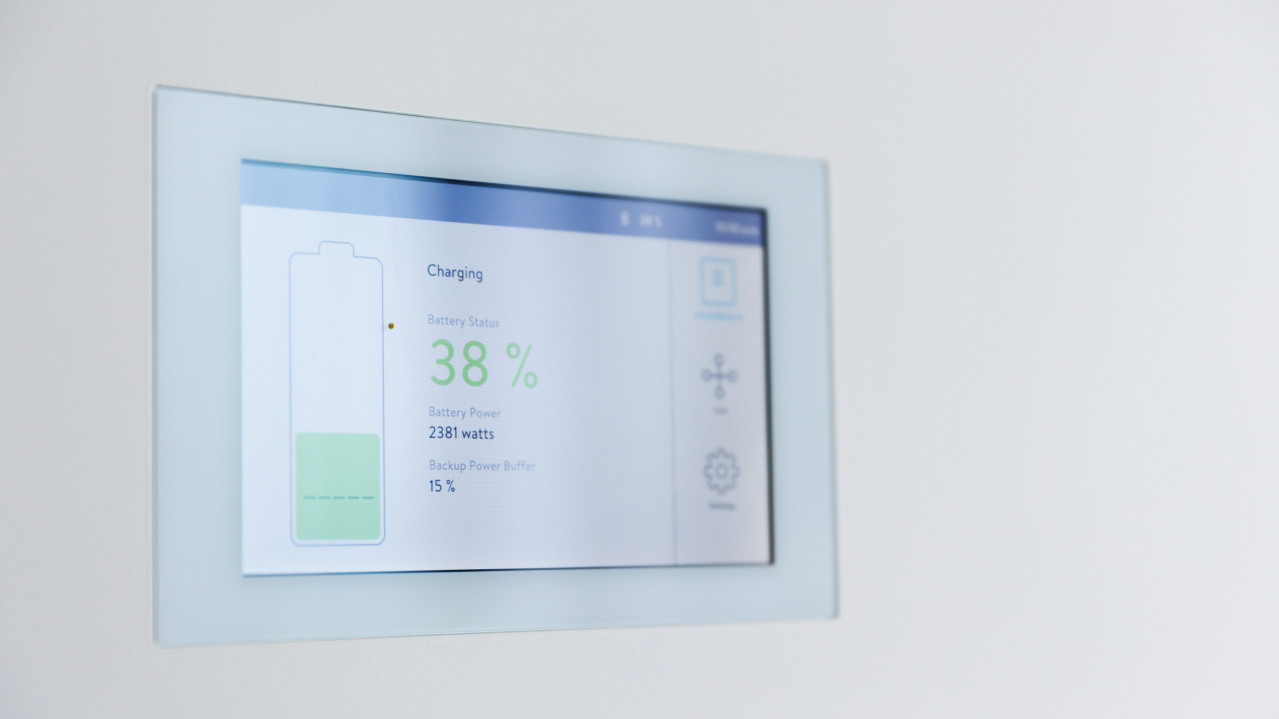
Energy Efficiency at Home – How to Save Energy in 2023
An often-overlooked yet essential step on the energy independence journey is taking control of your energy consumption and lowering the amount of energy your household uses.
Energy prices have risen significantly and will continue to rise, with the Australian Energy Regulator approving price increases of up to 24.9% from July 1 2023. While severe, these increases could have been even more significant had the wholesale component of electricity prices not been lowered by the Federal Government, which imposed price caps on black coal and gas in late 2022. This next round of price increases will see many Australians struggle even further with energy costs, especially coming into winter, making now the time to take action to lower your energy bills however possible.
For homeowners, rooftop solar with a home battery that enables the storage of electricity generated during the day to be used at night is the answer and an essential step towards achieving total energy independence. Another essential step on the energy independence journey that’s often overlooked is understanding how to take control of your energy consumption and, ultimately, lower the amount of energy your household uses. After all, if you aren't generating all of your own electricity, it’s inevitable that you’ll be reliant on an energy company for at least some of the electricity you use. Essentially, the less energy you use at home, the closer your household gets to energy independence.
Understand your energy bill
Getting to know your energy bill helps you understand your energy consumption and the home and lifestyle factors that make the most impact on your energy bill. When you know how, when and where you use energy at home, you can make changes to reduce your energy usage and costs. That means gaining an understanding of the costs that make up your bill and the key factors that affect it.
The costs that make up your bill
Whether electricity or gas, your energy bill isn’t a single cost, but the total of a variety of costs. After all, there are many costs involved in providing your home with energy and not just the cost of energy generation. While most energy providers don’t provide details with their bills, you can check your account to find out. The main costs that make up your energy bill are retail, wholesale and network:
- Retail – These costs comprise about 10% of your energy bill and are the costs incurred at an administrative level and include customer support, account and bill management and other administrative services.
- Wholesale – These are payments to the wholesalers that generate the energy which, in Australia, are mostly large power stations burning black and brown coal, but also natural gas and increasingly renewables from sources like wind, solar and hydro.
- Network – These are the costs paid to the energy distributors that build and maintain the infrastructure that delivers energy to your home. For residential customers, these charges account for about 40-50% of your total energy costs.
As energy costs between providers vary, compare energy providers and the different energy plans each makes available to ensure you’re getting the best energy deal. To make informed decisions when comparing energy deals, always check if there are conditions or criteria you need to meet.
Key factors that affect your energy bill
Along with the breakdown of costs at an energy provider level, a range of factors affects the amount of energy and how you use it at home, starting with your local climate, which plays a major role. Local conditions like the climate and factors such as home orientation and shading, impact how and when you use energy, so look for opportunities to take advantage of these. This can be as easy as opening windows to allow cool summer breezes in or curtains to let in the warm winter sun.
Other key factors that affect your energy bill include the number of people in your household and their personal habits and preferences, the number and size of the appliances you use, and the design, type (apartment, townhouse, detached home, etc.) and the size of your home. Naturally, the more people in a household the more energy you’ll use overall and similar considerations also apply to your home and the appliances used there.
The larger the home, the more energy is needed to keep it comfortable and that’s also the case with appliances, so look for ways to minimise energy usage by, for example, cooling or heating the rooms you’re using and not the entire home, or using a benchtop oven over the main oven when possible.
Managing your energy use
There are many things you can do to reduce your household’s energy consumption, especially considering the times when you use electricity and, if you haven’t already, investing in rooftop solar and a home battery to store the energy your system produces. The following energy reduction tips are simple but effective ways to help keep your energy bills down and most won’t cost you a thing.
Appliances and digital devices
Standby power, also called ‘phantom power’, is the energy wasted when appliances and devices are plugged in, but not being actively used. To avoid wasting energy, unplug washing machines and dryers in the laundry, microwaves, kettles and toasters in the kitchen, and televisions, game consoles and devices like phone chargers when they’re not being actively used. The average Australian household could save around $100 annually just by unplugging unused appliances and digital devices.
With the largest appliances generally found in the kitchen and laundry, minimising energy usage in these areas can help to deliver some of the most significant energy savings. Running full loads – ideally during the day when electricity is cheaper – minimises the use of dishwashers, washing machines and dryers, and also helps to reduce water usage to provide further savings.
Lighting
Lighting adds up to around 10% of annual electricity expenditure in most households, but there are many opportunities to save energy. If you haven’t already, switching to energy-saving LED globes that use as much as 80% less energy than old-style globes effectively minimises lighting costs, as does use natural light opening window coverings and switching lights off when you leave the room.
Heating, cooling & insulation
Heating and cooling averages 40% of annual household energy consumption, making effective management of heating in winter and cooling in summer vital to lowering energy bills. And as poor insulation increases energy costs, adequate insulation across your ceilings, floors, roof and walls that creates a barrier to heat gain and loss plays an important role in keeping your home comfortable. Conducting an ‘insulation audit’ to find gaps and drafts can help you save significantly on your bills.
Cooling and heating only the rooms you need is one of the most effective ways to reduce energy expenditure and quite often, that's as simple as closing a door to prevent the cool or warm air escaping. Make the most of the natural airflow in summer, open blinds and curtains to warm the interior in winter, and use the timer function on air conditioners and heaters to maintain optimum temperatures and maximise energy saving. Another top tip is to use fans over air conditioners.
Typically, Australians consume more electricity during winter than in summer, which is primarily due to increased heating requirements. Find out what you can do to reduce your winter electricity use in our article, ‘Seven ways to reduce your energy bills during winter’.
Explore the sonnen product range
Taking control of your energy consumption is a vital step on the journey to energy independence and reducing reliance on energy companies for the energy your household needs. However, generating and storing electricity at home will always be key. To start your journey today, explore the sonnen product range and the home battery schemes and rebates providing subsidies or interest-free loans, and contact a sonnen expert to find out how we can help you store the energy your solar panels produce, lower your energy bills and move even closer towards achieving energy independence.







